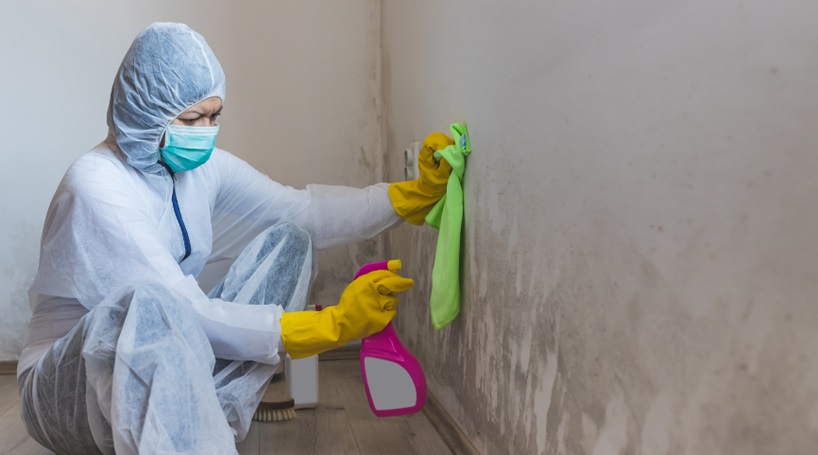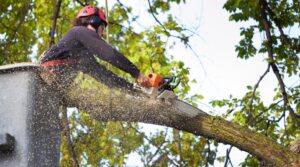Mold can significantly impact indoor air quality and health, making mold inspections a crucial step in maintaining a safe living environment. Especially in humid regions like Atlanta, mold growth can quickly escalate if left unchecked, potentially causing respiratory issues and other health problems. Booking a mold inspection in Atlanta is essential for catching early signs of mold and maintaining a cleaner, healthier home.
Understanding the Importance of Mold Inspections
Mold inspections help identify hidden mold colonies and assess the extent of any contamination. Inspections are especially valuable in areas prone to moisture buildup, such as basements, bathrooms, and kitchens. Professionals conduct a comprehensive assessment of the home, focusing on areas where mold is likely to thrive and use tools such as moisture meters and air quality tests to detect any issues.
In fact, understanding what happens during a mold inspection can help homeowners see the value in scheduling one. During an inspection, experts examine the entire property and measure moisture levels to locate hidden growths, which are not always visible to the naked eye. Knowing these details can better prepare homeowners for the inspection process and give them confidence in their choices.
Signs That You May Need a Mold Inspection
Certain signs suggest that a home might need a professional mold inspection. For instance, unexplained musty odors, persistent respiratory symptoms, or visible mold growth often indicate an issue requiring professional intervention. A mold inspection can pinpoint the source and severity of the contamination, giving homeowners a clear action plan.
Homes with past water damage or poor ventilation are also at greater risk of mold growth. Mold can often form in less obvious places, such as within wall cavities or beneath flooring, which makes routine inspections a valuable precaution.
Benefits of Professional Mold Inspection and Testing
A professional mold inspection offers benefits that go beyond merely locating mold. These inspections help protect indoor air quality by identifying mold at an early stage, preventing it from releasing spores into the air and compromising the health of household members. With professional assistance, homeowners can effectively address mold issues and prevent future growth.
Professionals also educate homeowners on essential preventive steps, reducing the likelihood of recurrent mold issues. Mold inspectors can provide insights into mold prevention strategies, especially in homes that may be susceptible to moisture retention. For more insights on key questions to ask when scheduling a home mold inspection, refer to this blog.
Steps to Take After a Mold Inspection
Once an inspection identifies mold in the home, it’s crucial to address it immediately. Mold removal and remediation services are typically recommended, depending on the severity of the issue. Remediation services may involve cleaning, removal of contaminated materials, or even structural repairs to ensure mold does not return.
After addressing the problem, it’s also beneficial to set up a routine inspection schedule, particularly for homes in humid climates or with past water damage. Regular professional inspections can detect early signs of mold, helping to prevent more extensive contamination and maintaining a safer home environment.
How Mold Prevention Enhances Health and Safety
Proactive mold prevention, alongside regular inspections, can make a significant difference in indoor air quality and overall health. Mold is known to cause respiratory conditions, skin irritations, and other health issues, particularly in individuals with allergies or asthma. Regular inspections can mitigate these risks by ensuring mold does not have a chance to proliferate.
Implementing preventive measures such as improving ventilation, reducing indoor humidity, and promptly repairing leaks can help in keeping mold at bay. Homeowners should also consider consulting a professional to implement long-term mold prevention techniques, making the home healthier and safer for all residents.
Conclusion
Investing in regular mold inspections is a proactive measure that protects both property and health. Mold thrives in hidden spaces, making it challenging for homeowners to detect without professional assistance. Routine inspections help maintain a clean indoor environment and prevent costly repairs, providing peace of mind and health benefits for the entire household.




